Will China’s economic woes trigger a global recession?
December 27th, 2022 | Posted in InvestingCould China Drag the World into a Global Recession?
Here’s a look at the five biggest economies in the world (as measured by total GDP), as of October 2022 according to the International Monetary Fund1:
- United States: $25 trillion
- China: $18 trillion
- Japan: $4.3 trillion
- Germany: $4 trillion
- India: $3.47 trillion
A key takeaway from the above data is a clear one: the United States and China are the two most important determinants of global economic growth. In other words, as the U.S. and China goes, so goes the world.
For this reason, current issues in China should be high on investors’ radars. 2022 has been a challenging year for China for reasons we will review below, but recent events there have made these economic difficulties far worse. A strong growth outlook for China is no longer a sure thing, which is a break from what investors have come to expect over the last decade.
Are Robo Advisors the Next Generation For Investment Management?
Robo advisors have made a splash by helping to streamline the investing process and possibly saving investors money. But can they replace the active management and personal attention of a traditional wealth manager? Our free Revolutionize Your Retirement guide takes a look at these important issues and more, providing our insights that may be able to help you make better investing choices. You’ll get our thoughts on:
- The Impact of Fees on Investments
- Technological Advantages including Rebalancing and Tax Loss Harvesting
- Combining Robo Technology with Active Management
Download your copy of Revolutionize Your Retirement. 2
This story begins in 2021, when ruptures in China’s property markets started to first appear. For years, analysts had been warning of a real estate bubble bursting in China, given the sizable government subsidies, leverage buildup, and low-interest rates characterizing the sector. At the center of the story was Chinese property developer Evergrande, which had racked up more than $300 billion in liabilities (2% of China’s GDP) by the end of 2021 and had some $37 billion in outstanding debt due within 2022. When Evergrande missed a $40+ million bond coupon payment and luxury developer Fantasia Holdings Group followed by missing a $206 million bond payment, the market started to price contagion. A sharp spike in U.S. dollar junk bond yields from Chinese companies ensued, and China’s equity market experienced a pronounced selloff.3
The next turn in the story was a predictable one, but also one the global equity markets did not seem to like. Earlier in the year, China hosted its twice-per-decade Communist Party congress, where it would decide whether to extend President Xi Jinping’s leadership. While President’s Xi grip on power seemed all but assured, markets were more concerned with China’s increasing hostility towards private business and specifically, technology companies. Chinese technology stocks were notably pummeled more than other categories of equities both in China and abroad.
By the middle of 2022, China was feeling all of these pressures but was also being hampered by an issue the rest of the world had largely moved on from: the Covid-19 pandemic. By mid-November, China had locked down the manufacturing hub of Guangzhou, which has 4 million residents and is known as an export powerhouse. Major companies also made it clear that China’s policies and slowing economic growth were having an impact – Apple Inc. warned investors that shipments of high-end iPhones would be lower than expected, and Foxconn Technology said plant disruptions and closed factories were hurting production.
More recently, Volkswagen and Honda have shut down production at a few key Chinese plants, as workers have not been able to show up and as authorities crack down. For Volkswagen, that has meant suspending production at its Chengdu plan and almost half of its production lines in Changchun, again due to worker shortages and also car-parts shortages. Honda shut down its Wuhan plant for two days, while Toyota also shifted production at key factories because of sporadic Covid restrictions.
All told, economic data from China continues to show signs of weakness. Earlier in November, factory gate prices – which represent the prices charged by Chinese companies – fell for the first time in two years. High inventories in the United States and other export partners combined with an anticipated decline in demand have led Chinese companies to pull back on pricing. According to China’s National Bureau of Statistics, Chinese producer prices fell by 1.3% year-over-year. China’s exports also fell in October which surprised economists, signaling that the softening across the global economy is hitting trade as well. Economists were expecting 4% export growth and instead got -0.3%.
For October, activity in China’s manufacturing sector measured by the purchasing managers’ index fell to 48 from 49.2, marking two consecutive months of contracting. Another index that measures activity in the services and construction sector in China fell month-over-month in November, to a very weak 46.7. All told, China’s economy grew by 3% in the first three quarters of 2022, a far cry from the 6+% growth the investment community has come to expect from the world’s second-largest economy.
Bottom Line for Investors
To make a challenging economic situation even more difficult, Chinese citizens across various cities have started protesting against Covid-19 restrictions, in a rare show of defiance against government policies. The Chinese government has shown some early signs of pulling back on the harshest restrictions, but it remains to be seen whether they will change course. The outlook is very unclear, and markets don’t like uncertainty.
The People’s Bank of China responded by cutting banks’ reserve requirement ratio by 25 basis points, which should free up about $70 billion in money available for loans to consumers and businesses.4 But this move is relatively small compared to the effects of slowing activity and sporadic factory closures, city-wide lockdowns, and now, protests. Given China’s status as the world’s second-largest economy, how all of these issues shake out will be key to the global economic growth narrative in 2023. Investors should be paying attention.
Today, innovative technology is changing the investment landscape quickly, including making investing for retirement potentially less complicated and more effective. Zacks Advantage is at the forefront of these developments with innovative investment solutions—including retirement investment solutions—using new financial technologies. We now offer an actively managed robo advisor that:
- Invests exclusively with ETFs
- Uses technology to recommend the appropriate mix of equities and bond ETFs to help achieve your investing goal and specific risk tolerance.
- Lowers fees and expenses
Our free Revolutionize Your Retirement guide5 provides investing insight that can help you determine whether technology-enhanced investing is right for you.
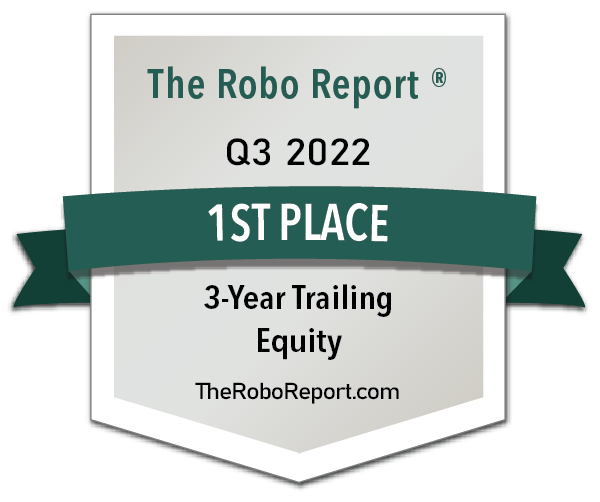
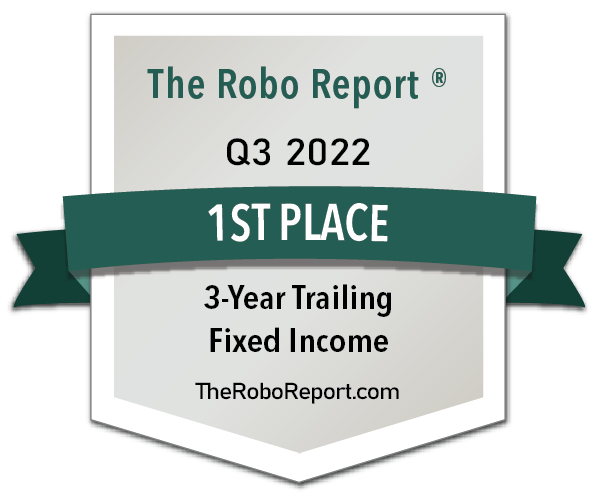
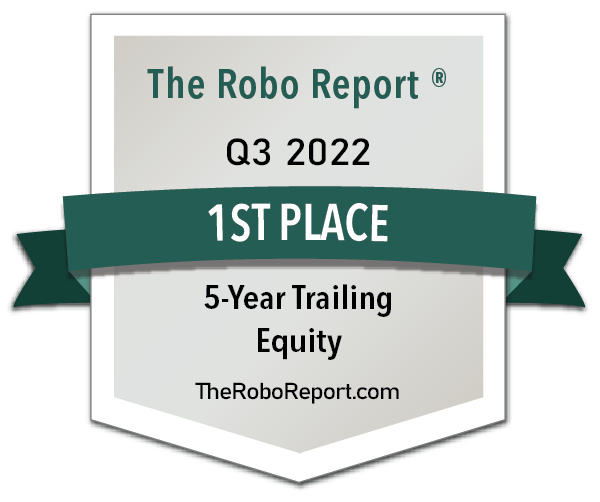
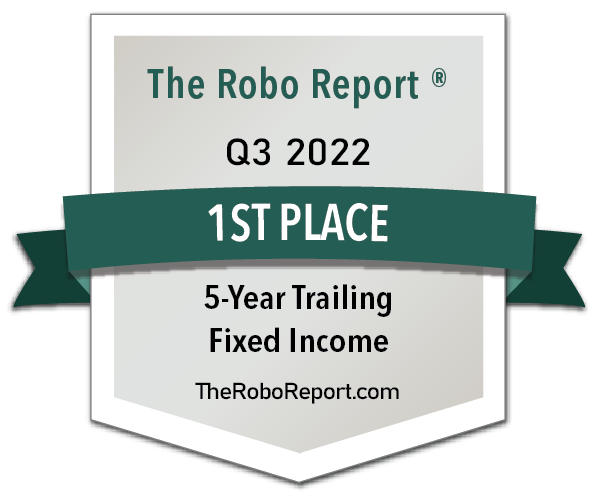
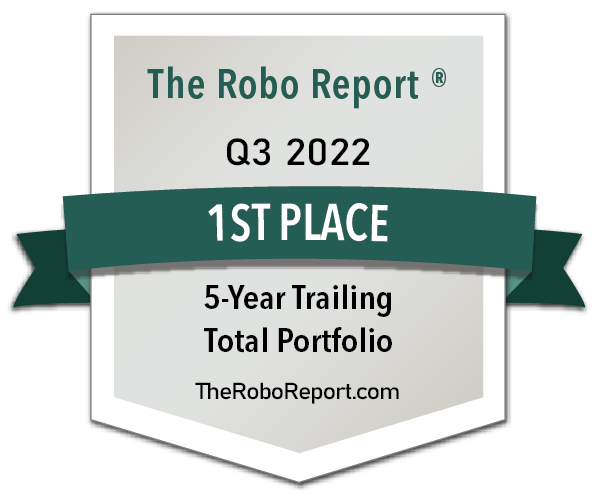
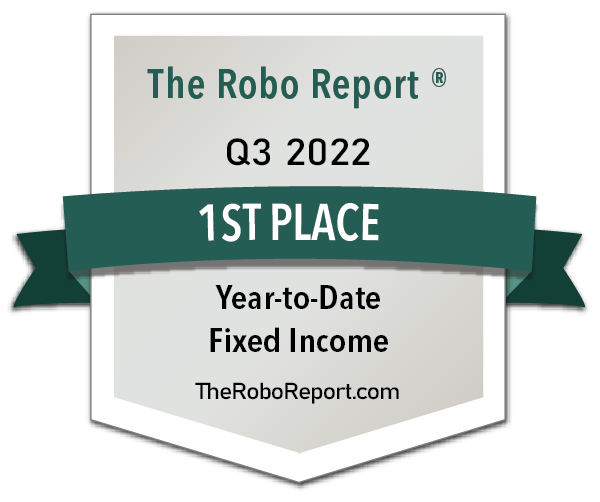
© 2022 Zacks Advantage | Privacy Policy | Unsubscribe
1 International Monetary Fund. 2022.
2 Zacks Investment Management may amend or rescind the Revolutionize Your Retirement guide offer for any reason and at Zacks Investment Management’s discretion.
3 Wall Street Journal. October 4, 2021.
5 Zacks Investment Management may amend or rescind the Revolutionize Your Retirement guide offer for any reason and at Zacks Investment Management’s discretion.
DISCLOSURE
Past performance is no guarantee of future results. Inherent in any investment is the potential for loss.
Zacks Advantage is a service offered by Zacks Investment Management, a wholly-owned subsidiary of Zacks Investment Research.
Zacks Investment Management, Inc. is a wholly-owned subsidiary of Zacks Investment Research. Zacks Investment Management is an independent Registered Investment Advisory firm and acts as an investment manager for individuals and institutions. Zacks Investment Research is a provider of earnings data and other financial data to institutions and to individuals.
This material is being provided for informational purposes only and nothing herein constitutes investment, legal, accounting or tax advice, or a recommendation to buy, sell or hold a security. Do not act or rely upon the information and advice given in this publication without seeking the services of competent and professional legal, tax, or accounting counsel. Publication and distribution of this article is not intended to create, and the information contained herein does not constitute, an attorney-client relationship. No recommendation or advice is being given as to whether any investment or strategy is suitable for a particular investor. It should not be assumed that any investments in securities, companies, sectors or markets identified and described were or will be profitable. All information is current as of the date of herein and is subject to change without notice. Any views or opinions expressed may not reflect those of the firm as a whole.
Any projections, targets, or estimates in this report are forward looking statements and are based on the firm’s research, analysis, and assumptions. Due to rapidly changing market conditions and the complexity of investment decisions, supplemental information and other sources may be required to make informed investment decisions based on your individual investment objectives and suitability specifications. All expressions of opinions are subject to change without notice. Clients should seek financial advice regarding the appropriateness of investing in any security or investment strategy discussed in this presentation.
Certain economic and market information contained herein has been obtained from published sources prepared by other parties. Zacks Investment Management does not assume any responsibility for the accuracy or completeness of such information. Further, no third party has assumed responsibility for independently verifying the information contained herein and accordingly no such persons make any representations with respect to the accuracy, completeness or reasonableness of the information provided herein. Unless otherwise indicated, market analysis and conclusions are based upon opinions or assumptions that Zacks Investment Management considers to be reasonable. Any investment inherently involves a high degree of risk, beyond any specific risks discussed herein.
The S&P 500 Index is a well-known, unmanaged index of the prices of 500 large-company common stocks, mainly blue-chip stocks, selected by Standard & Poor’s. The S&P 500 Index assumes reinvestment of dividends but does not reflect advisory fees. The volatility of the benchmark may be materially different from the individual performance obtained by a specific investor. An investor cannot invest directly in an index.
Robo investments are subject to some unique risks, including, but not limited to, the fact that investment decisions are made by algorithms based on investors’ answers to questions, there is a lack of human involvement, and there is the possibility that the software may not always perform exactly as intended or disclosed. Such investment programs are only suitable for investors who can bear the risk of a complete loss of their investments.
The S&P GSCI is the first major investable commodity index. It is one of the most widely recognized benchmarks that is broad-based and production weighted to represent the global commodity market beta. The index is designed to be investable by including the most liquid commodity futures, and provides diversification with low correlations to other asset classes. The volatility of the benchmark may be materially different from the individual performance obtained by a specific investor. An investor cannot invest directly in an index.
The NASDAQ-100 Index includes 100 of the largest domestic and international non-financial companies listed on The NASDAQ Stock Market based on market capitalization. The Index reflects companies across major industry groups including computer hardware and software, telecommunications, retail/wholesale trade and biotechnology. Index composition is reviewed on an annual basis in December. An investor cannot invest directly in an index. The volatility of the benchmark may be materially different from the individual performance obtained by a specific investor.
Zacks Investment Management 227 West Monroe St. Chicago, IL 60606
Past performance is no guarantee of future results. Inherent in any investment is the potential for loss
Zacks Advantage is a service offered by Zacks Investment Management, a wholly-owned subsidiary of Zacks Investment Research. Zacks Investment Management is an independent Registered Investment Advisory firm and acts as an investment manager for individuals and institutions. All material in presented on this page is for informational purposes only and no recommendation or advice is being given as to whether any investment or strategy is suitable for a particular investor. Nothing herein constitutes investment, legal, accounting or tax advice. The information contained herein has been obtained from sources believed to be reliable but we do not guarantee accuracy or completeness. Zacks Investment Management, Inc. is not engaged in rendering legal, tax, accounting or other professional services. Publication and distribution of this article is not intended to create, and the information contained herein does not constitute, an attorney- client relationship. Do not act or rely upon the information and advice given in this publication without seeking the services of competent and professional legal, tax, or accounting counsel.

